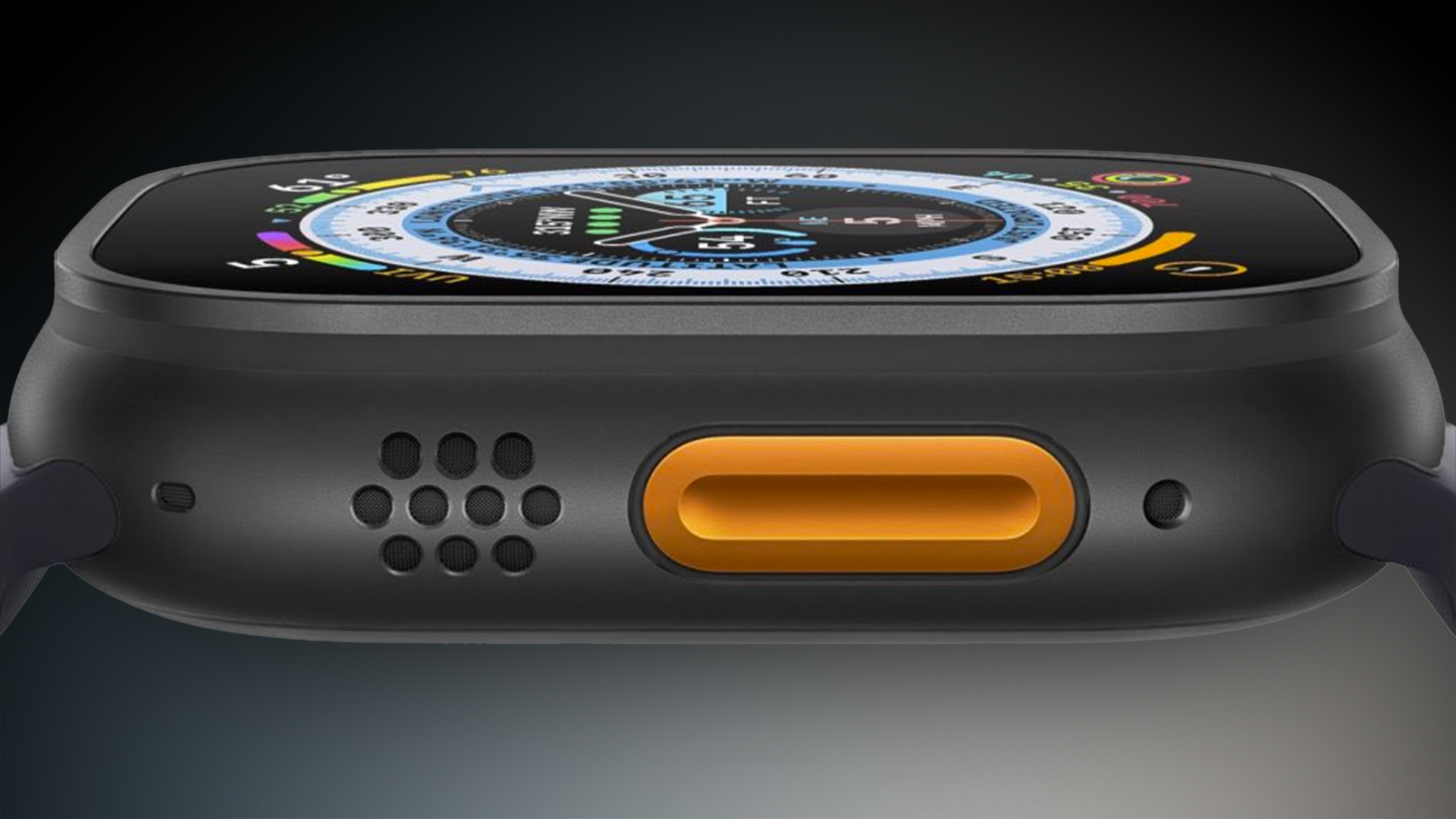Original Article
Apple is facing a new lawsuit from consumers who allege that its claim that the Apple Watch Series 9, SE, and Ultra 2 are "carbon neutral" is misleading, Reuters reports.
Filed in the U.S. District Court for the Northern District of California, the lawsuit argues that Apple misrepresented the environmental impact of these three Apple Watch models by relying on carbon offset projects that did not provide genuine carbon reductions. The plaintiffs claim they would not have bought their devices or would have paid less had they known this.
The complaint centers on two carbon offset projects Apple uses to support its carbon neutrality efforts: Kenya's Chyulu Hills Project and China's Guinan Project. According to the lawsuit, both projects fail to meet the criteria for additional carbon reduction because the land in question was already protected or heavily forested before Apple's involvement.
In both cases, the carbon reductions would have occurred regardless of Apple's involvement or the projects' existence. Because Apple's carbon neutrality claims are predicated on the efficacy and legitimacy of these projects, Apple's carbon neutrality claims are false and misleading.
The plaintiffs argue that because these locations were already managed under conservation protections for several decades or naturally heavily forested, Apple's financial support did not lead to a reduction in carbon emissions beyond what would have occurred naturally.
Apple introduced the first carbon-neutral Apple Watch models in September 2023 as part of its broader environmental initiatives. The marketing materials and packaging included a new green "carbon neutral" label. The company has set a goal of making its entire business carbon neutral by 2030.
The plaintiffs cite a study by the National Retail Federation and IBM, stating that 70% of U.S. and Canadian consumers consider environmental sustainability an important factor in purchasing decisions. Unspecified damages and an injunction to prevent Apple from marketing the Apple Watch Series 9, SE, and Ultra 2 as carbon neutral are being sought.
Related Forum: Apple Watch
This article, "Apple Accused of Misleading Consumers With 'Carbon Neutral' Claims" first appeared on MacRumors.com
Discuss this article in our forums
Comments